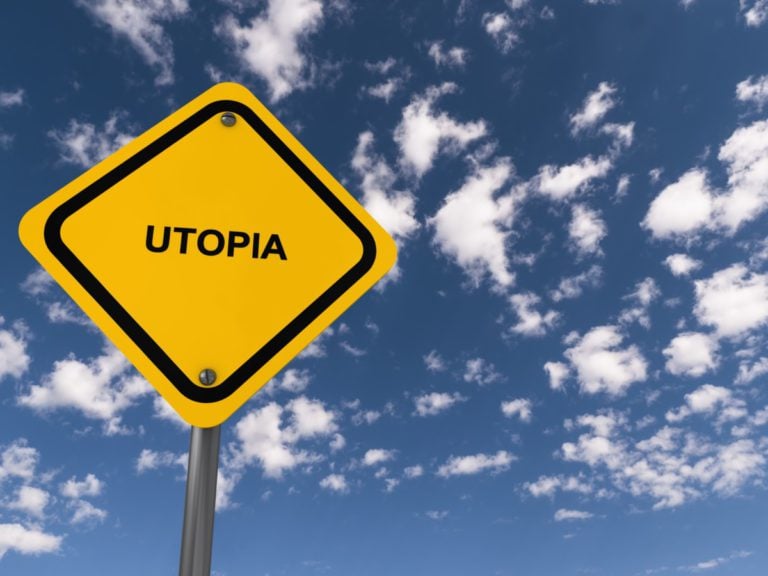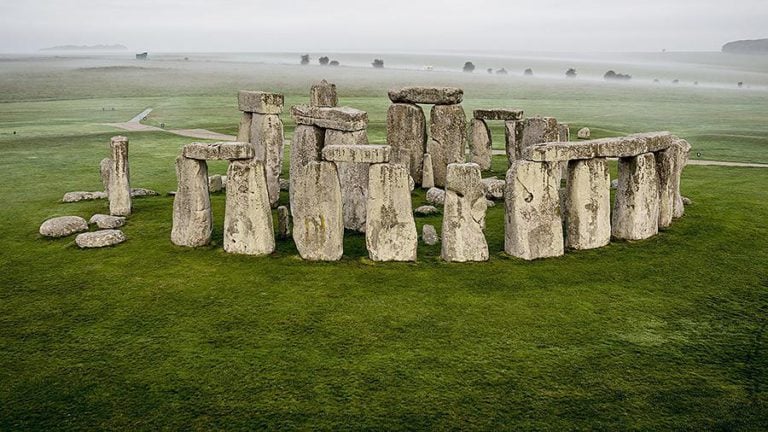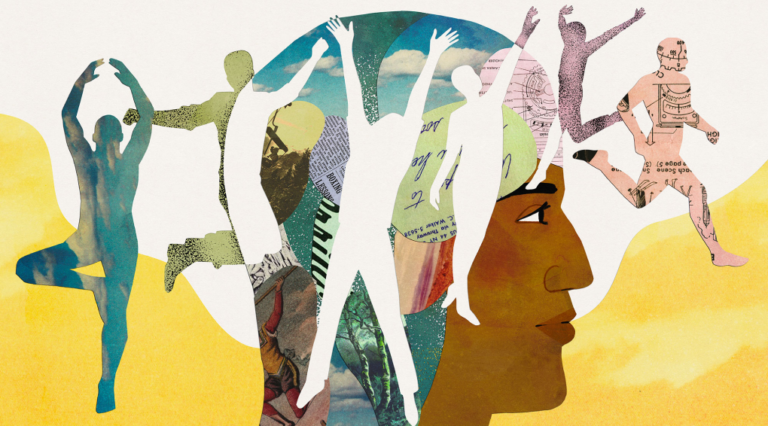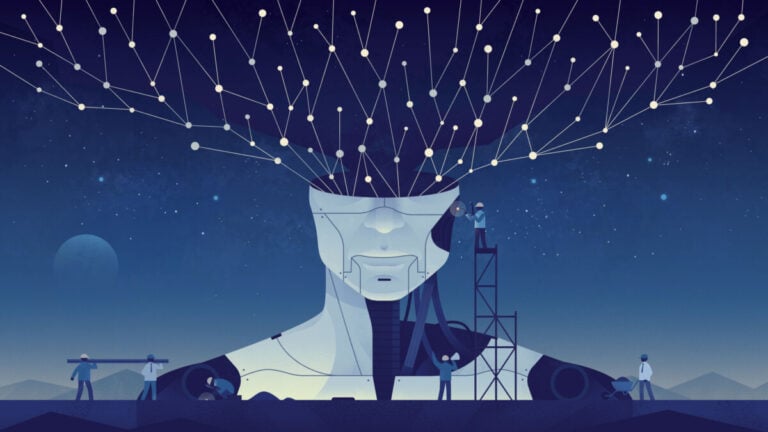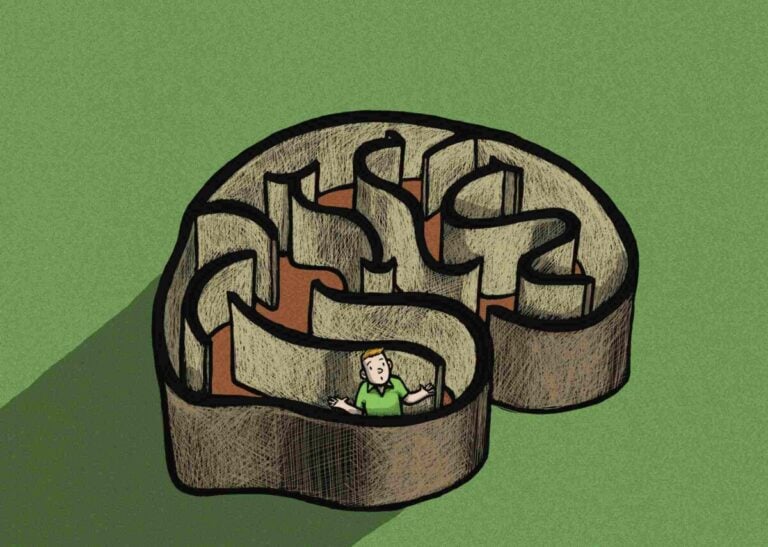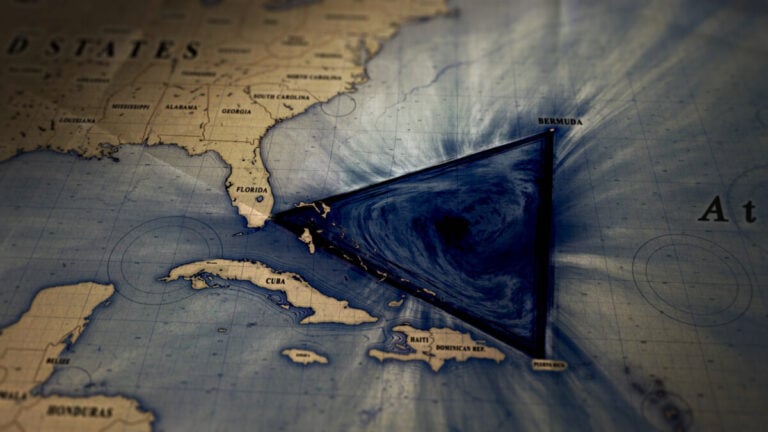A Conspiracy Theory is an unconventional explanation for something in a world that involves secret, powerful, and often sinister groups. This is speculative, that is, not based on verified facts. This is often difficult. This usually includes negative and distrustful beliefs about the “other”.
And importantly, the conspiracy theory is not falsifiable—any evidence against the theory will be written off as a cover-up, paradoxically supporting the theory. When scientists try to convince people that chemtrails are just ordinary water vapour, a staunch chemtrail proponent might conclude that the government bought the scientists to lie to people.
This episode is not going to debunk (or debunk) any specific conspiracy theories. After all, we are not experts on contrails or moon landings. But it turns out, true or not, the psychology behind conspiracy theories is fascinating. But let’s start with the basics.
People’s belief in conspiracy theories
Psychologists who specialize in conspiracy theories believe that people have three main motives for believing in conspiracy theories, whether or not they are aware of those motives.
1. The need to reduce uncertainty and make sense of the world
The world can be a scary and overwhelming place. Events often seem random. There are gaps in our understanding of how injustice and disasters arise. We all have days when nothing seems to make sense.
When a conspiracy theory comes up that claims to make sense in the unconscious, it can be quite attractive. Research shows that when people experience a strong sense of insecurity, they are more likely to believe in conspiracy theories. This is especially true for those who have a strong need for cognitive closure—in other words, they feel very uncomfortable if they don’t get answers.
2. The need to feel safe and have a sense of control
As far as making sense of the world, we also have a deep need to feel secure and in control of our environment. Conspiracy theories can offer a psychological island to land on when we’re treading water.

People who lack control in other areas of their lives—work, financial future, social prejudice—may also feel like they don’t have a safe or valuable place in the world. However, people who feel they have low socio-political control are more likely to believe in conspiracies. It makes sense – conspiracy theories provide an opportunity to dismiss official narratives, providing a little consolation.
3. The need to maintain a good self-image
Another reason why people who feel left out are more likely to believe in conspiracy theories is that these unfounded beliefs feed a positive self-image.
How do conspiracy theories make people feel good about themselves? Imagine that you are unemployed. Doesn’t the idea that a cabal within the government is deliberately maintaining a critical unemployment rate to control the upcoming elections seems like an easier pill to swallow than the idea that your skills will no longer be in demand in the market?
Rooting conspiracy theories
For the reasons we’ve looked at, people may be “willing” to believe in conspiracy theories. But how do concrete theories take root in people’s minds? This question is difficult because the answer seems to be very complicated. But psychological science has found some clues.
We all have confirmation bias
It’s about our brain’s tendency to seek out information that would confirm what we already unconditionally believe. This trend can lead us to talk to people we know agree with us. Or we may find that we crawl the Google search results page and only click on links that show what we were looking for. If you already think that the Illuminati control the world banks and you search for “Illuminati banks”, your eye will be drawn to the link that says “every bank CEO is a member of the Illuminati”.
What exacerbates confirmation bias is that we have a poor memory of where our conspiracy ideas came from. Do you remember when you first heard the idea that the moon landing was staged? A fascinating study has shown that when people read compelling conspiracy theories, they tend to mistakenly remember that they believed in the conspiracy from the start.
It’s not about specific content
You might think that how well a conspiracy theory takes root in someone’s mind depends on how plausible the theory is. As it turned out, the content is not so important. Whether or not someone accepts a conspiracy theory depends primarily on their general tendency to believe in conspiracies.

In other words, the act of believing in a conspiracy theory is itself fuel. The more we believe in one, the more likely we are to believe in the other, even if it is contradictory.
Sometimes a sleep disorder can cause you to hallucinate about alien abduction
Yes, you read that right – sometimes believing in a conspiracy theory doesn’t come from going down the Google search rabbit hole. Sometimes it comes from very real perceptual experiences your brain creates when you are in the twilight zone between sleep and wakefulness.
Sleep paralysis, documented since the 1600s, is the bizarre experience of being completely unable to move even when you are aware of your body and surroundings. This usually happens when you are on the verge of falling asleep or waking up. Not only is it scary to feel paralyzed, sleep paralysis is often accompanied by chest tightness, heart palpitations, other panic attack sensations, and even pain.
You may also have hallucinations during sleep paralysis, often as figures in the room or even looming over your bed. There are documents confirming that people who believe that they were abducted by aliens are actually describing an episode of sleep paralysis. Often, their traumatic memories of the experience evolve over time as their brain tries to make sense of the intangible. The vague, ghostly figures they hallucinate take on the features of the aliens we talk about in popular culture – large heads, small gray bodies, dark oblong eyes.
Of course, this is only a small part of all the conspiracy theories, but we think it’s amazing that our brains can mix sleep disorder symptoms with cultural imagery to create this phenomenon. This shows that distant ideas can grow from honest biological roots and then spread through our collective consciousness in the form of conspiracy theories.
Implications of belief in conspiracy theories
As we have already mentioned, a deep desire for security and control can lead a person to believe in conspiracy theories. But the sad truth is that this approach is useless. In fact, it can have the opposite effect.
Research shows that when people are exposed to conspiracy theories, they don’t immediately feel like they’re in control. And it’s not just about feeling bad – believing in conspiracy theories makes people distrust the government, even if those theories don’t have to do with the government. It is also frustrating for health authorities and scientists. This discrepancy can become a real problem when governments and authorities try to convince people to follow public health recommendations such as vaccinating children or social distancing during a pandemic, especially if doing the wrong thing increases the risk for everyone.

